Earlier this year on International Women’s Day, 16 Days 16 Films hosted a screening event
in partnership with BFI, UN Women, DDA, and Time’s Up UK. The event saw filmmakers
from previous years and winners from the 2023 cycle connect and watch the winning films
together. Our partners’ invaluable work towards ending gender-based violence was also
showcased. As our filmmakers and partners connected with each other throughout the
evening, we spoke with our guests to hear about the importance of 16 Days 16 Films and
the festival’s wider aims.
Tabitha Morton, Executive Director of UN Women UK told us that ending gender-based
violence was her number one priority: ‘to partner with 16 Days 16 Films is a no brainer. It’s [a
question of] how we work together, because alone, we can’t do this. We have to come at this
through policy making, through governments, through frontline support, and from the
creative industry as well.’ Morton’s stance is core to 16 Days 16 Films’ aim, but it’s also
central to the history of early storytelling. The creative industry has long been central to
shaping and triggering social change. Combining fiction with the charity sector creates fertile
ground for social change.
Stories communicated parables long before the invention of the written word; cave paintings
played a didactic role long before an after-school special ever graced the silver screen. It’s
as built into human civilisation as breathing.
Thousands of years on, the underlying truth remains; stories have immense power. Just as
Ang Lee’s Brokeback Mountain or Jamie Babbit’s But I’m a Cheerleader initiated
conversations about attitudes towards homosexuality, 16 Days 16 Films aims to challenge
worldviews about gendered violence, in whatever form it may take.
Narratives are persuasive because people respond to people with more empathy than they
do to statistics. Whilst it might be easier to tell someone that over 736 million women have
been subjected to violence (UN Women, 2023) it’s far more effective to show people the
individual story of one woman. We are empathetic creatures; seeing fear, sadness, joy, and
hope wash across the face of one woman on screen takes audiences from a place of
detached knowledge to a place of genuine understanding.
This awareness is at the forefront of the International Women’s Day screening. Ben Hurst,
Director of Facilitation at Beyond Equality commented on the power of storytelling to create
real empathy and understanding. ‘There’s something about the medium of film, and being
walked through that journey; it’s something you can’t avoid. As men, there’s so much of that
experience we can switch off from. There is something about those 12 minutes, when you’re
confronted with the film, that’s a beautiful thing to be able to share with the world.’
These films can also have a huge impact on those whose lives resemble those on screen.
Knowledge is power, and it’s empowering to see yourself on screen. A 2023 study surmised
that people felt encouraged to seek professional help after seeing their situations
represented on screen (Mind, 2023). To name an experience can be the first step towards
becoming free of it.
Hosting the festival online, in an open forum, and making these films free to watch, opens
these stories up to as many people as possible. We’re proud to have created a community of
filmmakers, partners, and viewers all working towards ending gender-based violence.
The stories we tell can also be empowering to those who tell them, which is why 16 Days 16
Films is so passionate about supporting the women behind the camera, too. The screening
held on International Women’s Day is just one such event which creates a community
between female filmmakers.Combining our creative vision and belief in the power of social
change stories produces the conditions for tangible social change. Entering our seventh year
of 16 Days 16 Films, we remain steadfast in our love of film, belief in female filmmakers, and
our collective goal of ending violence.
Written by Madeleine Brown.

